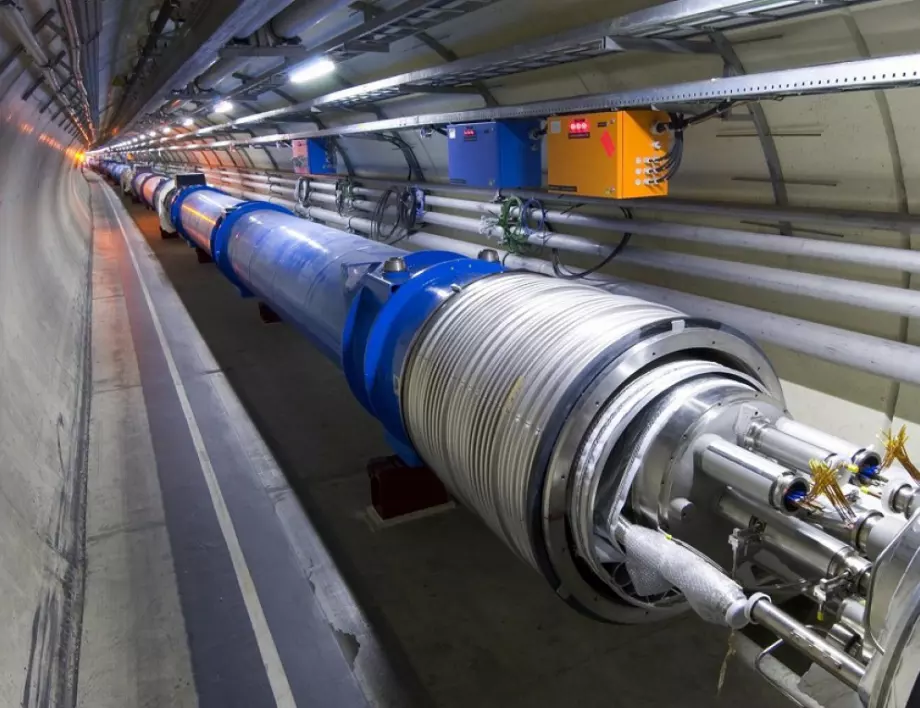The European Center for Nuclear Research (CERN) is developing plans to shut down particle accelerators during peak hours on the electricity grid. This means that the Large Hadron Collider could shut down if there was a power cut across Europe. This was reported by The Wall Street Journal, citing the head of the CERN Energy Management Commission, Serge Claude. “We’re really concerned about the stability of the power grid because we’re doing everything we can to prevent blackouts in our region,” Claude said.
CERN is located in a vast complex on the border of France and Switzerland and is one of the largest consumers of electricity in France. During peak hours, it consumes around 200 megawatts of electricity: just three times less than the nearby city of Geneva. The center is trying to keep the collider running and avoid a sudden power outage that could knock out the $4.4 billion machine, Claude said. The Large Hadron Collider is one of the complex’s eight accelerators, and separately there are two particle moderators that allow scientists to study antimatter.
The center is negotiating with its electricity supplier, which is controlled by French energy giant EDF SA, to get advance warning when to use less electricity. In this way, CERN will prioritize the shutdown of other accelerators and reduce electricity consumption by as much as 25%.
On July 5, the Large Hadron Collider began round-the-clock operation after a three-year hiatus. He was expected to work for four years at
Photo: CERN









